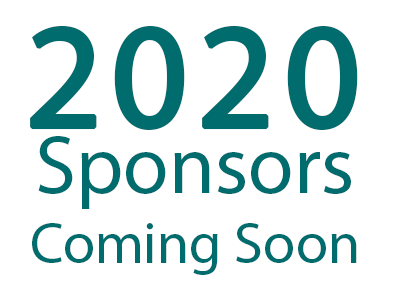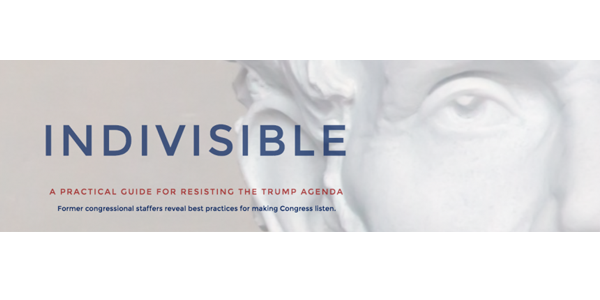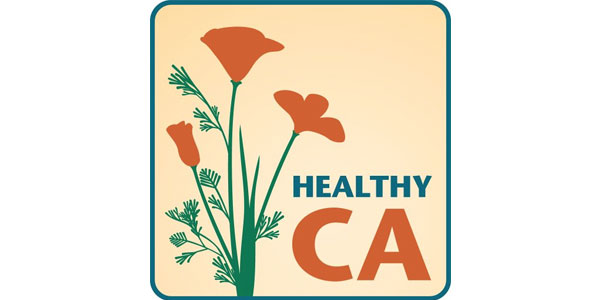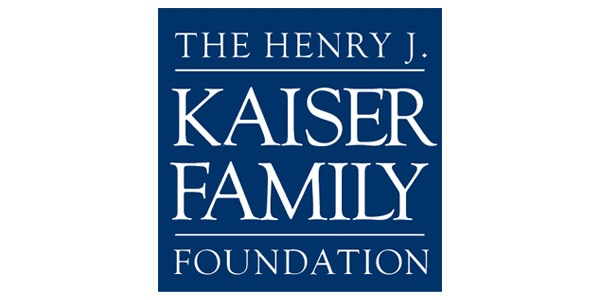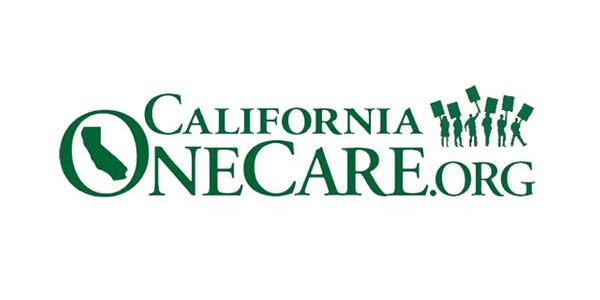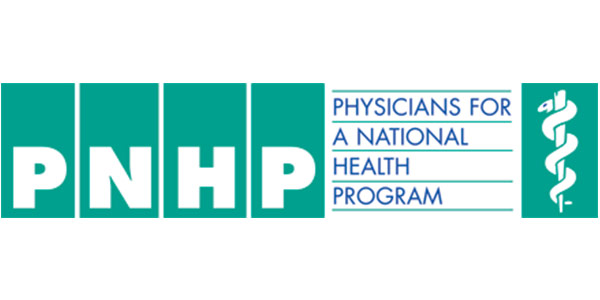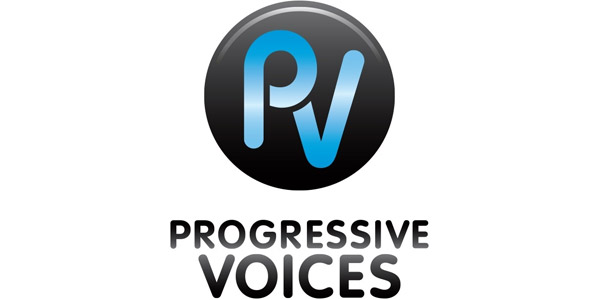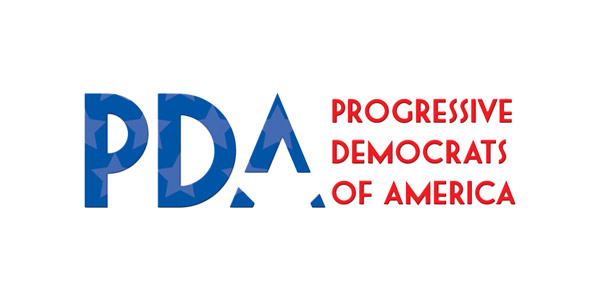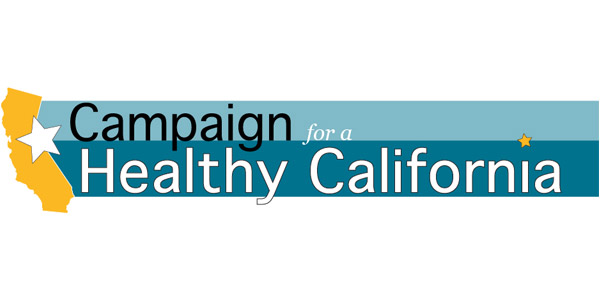Is It The Best Of Times Or The Worst Of Times In Nursing?

“It was the best of times, it was the worst of times, it was the age of wisdom, it was the age of foolishness, it was the epoch of belief, it was the epoch of incredulity, it was the season of Light, it was the season of Darkness, it was the spring of hope, it was the winter of despair, we had everything before us, we had nothing before us…” The Tale of Two Cities by Charles Dickens
The passage above talks about a time of uncertainty where wisdom and foolishness both were so clearly in front of the people that there was tremendous despair as well as unbridled hope in the air.
Today the same is true in healthcare, especially in nursing. It is the best of times in nursing and it is the worst of times in nursing. Never in the past has there been so many nurses with advanced degrees serving in various important leadership roles. However, never in the past has nursing care been so stressful and constrained.
Nurses constantly witness the well-being of their patients sacrificed for corporate good. We continue to face poor work conditions unable to provide enough attention to each patient. This makes it impossible to provide the compassionate, competent and safe care our patients deserve, not to mention the toll it takes on our own health and well-being.
But, we constantly have to weigh in the consequence of speaking up for safe and compassionate patient care. If we speak up we face retaliation and persecution to the extent of becoming so overwhelmed and disheartened that we lose our desire to go on.
One might question, “Why in this era of so much nursing advancement are we facing such abuse of nurses and the patients?” The answer here may be difficult to accept but does have a very simple fix. Although this fix is simple, it still requires diligence, consistency and commitment.
The main problem in nursing is our inability to come together and have a unified voice. Often, the nurses in leadership and advanced roles find themselves serving the corporate agenda. As a result they end up reinforcing the poor work conditions.
The nursing organizations and the academician in nursing preach about increasing the standard of nursing care, nursing ethics, nurse autonomy and the role of the nurses as patient advocates.
However, when a nurse in clinical practice tries to implement these high standards, she suddenly finds herself all alone. She finds out that there is not much support for her when her actions for compassionate patient centered care are not received well. As a result, she ends up being disciplined, falsely accused and often stripped of her license by her own peers.
There is power in numbers. Nurses are the engine that runs the healthcare around the world. If we were not there to manage day-to-day and hour-to-hour care of the patients, there will be no way to care for the patients. With the increased number of nurses in leadership positions and with advanced degrees, we are more prepared today than we ever were to take on healthcare.
We are more prepared than ever before to provide compassionate patient-centered care where everyone comes out a winner. We have the eduction to advocate for our patients and change the face of healthcare from being a power hungry money centered business it has become to a patient-centered compassionate business model that serves our patients as it creates revenue streams for nurses and physicians alike.
We can only achieve this if we first decide to have a united voice. With this united voice, each individual nurse can feel confident that her efforts for patient advocacy, patient safety and compassionate care will be supported by her peers.
Only through unifying the voices of compassionate, competent and caring healthcare professionals can we change the face of healthcare and bring it back to the noble profession it was always meant to be.

